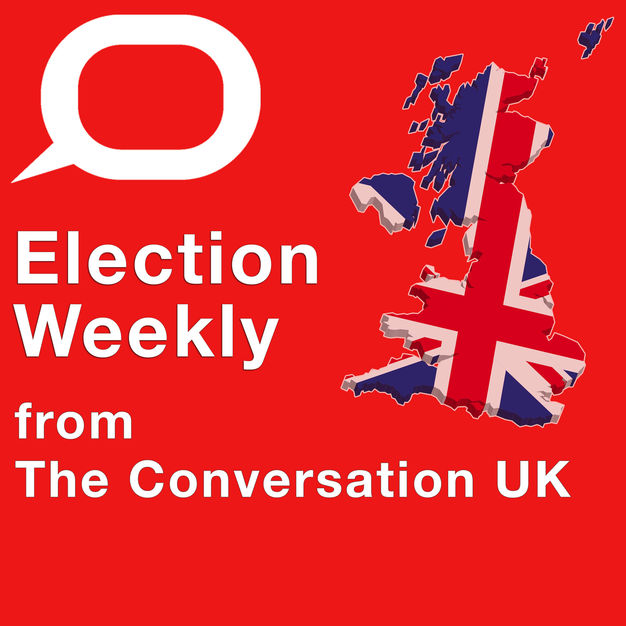
Election Weekly from The Conversation UK
The Conversation
Two academic experts join The Conversation's politics editor, Laura Hood to discuss the key election issues. We’ll of course be talking about Brexit, but we also want to get to grips with the kinds of issues you’d normally expect to hear about in an election, like the state of the economy and what each party has to say about immigration, the NHS and schools. We’ll keep you updated on who’s ahead in the polls. And we’ll also cut through the spin of what’s dominating the headlines.
- 23 minutes 45 secondsHung parliament disaster for the Tories: Election podcast
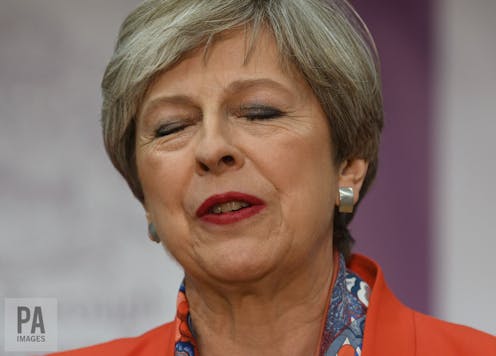 Stefan Rousseau/PA Wire
Stefan Rousseau/PA WireAfter calling an election in the belief that she was on course for a large majority in parliament, Theresa May must now fight for her political life.
Far from sweeping the board, her Conservative party has failed to win enough seats to form a government by itself. Meanwhile, despite having been written off as no hopers, Jeremy Corbyn’s Labour party has made a major comeback.
The balance of power now hangs with Northern Ireland’s Democratic Unionist party, which has ten MPs and has agreed to work with May to support her administration. Where May once promised a strong and stable government, she now finds herself managing an arrangement that is best described as weak and flimsy. It could fall apart at any moment.
All this is happening while the clock ticks towards Brexit. May is meant to start negotiations for the UK’s departure within a matter of days – even though it is now far from clear what the UK electorate actually wants from the deal.
In this, the final episode of The Conversation’s Election Weekly podcast, politics editor Laura Hood is joined by Tom Quinn, senior lecturer in the department of government at the University of Essex, and Louise Thompson, lecturer in British Politics at the University of Surrey.
Election Weekly is a podcast series from The Conversation UK. Music in the show is Chasin’ It, by Jason Shaw. A big thank you to City University London’s Department of Journalism for letting us use their studios.

The authors do not work for, consult, own shares in or receive funding from any company or organisation that would benefit from this article, and have disclosed no relevant affiliations beyond their academic appointment.
9 June 2017, 1:59 pm - 20 minutes 18 secondsCorbyn’s curve ball: Election Weekly podcast
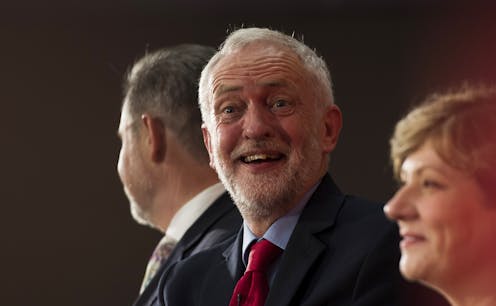
When Theresa May first called a snap election for June 8, she was brimming with confidence. She was predicted a whopping majority – after all, why would she trigger a vote if she wasn’t sure of victory?
Now, with less than a week until polling day, the picture is far less rosy for the incumbent. She has been roundly criticised for failing to engage with citizens in a meaningful way on the campaign trail and continues to struggle to recover from the social care policy fiasco that dogged her manifesto launch.
Then came Jeremy Corbyn’s mic drop. Just hours before the BBC was to broadcast its seven-way party debate, the Labour leader agreed to take part. The prime minister, on the other hand, was a no show. This week, we look at the highlights from that debate and ask how serious a mistake it was for May not to take part.
Paul Whiteley, from the University of Essex, is also helping us understand the volatile situation we’re currently seeing in the election polls. Is that forecast about Labour massively narrowing the Conservative lead to be believed?
Meanwhile, the Scottish National Party published its election manifesto this week. Craig McAngus, from the University of Aberdeen, trawled through the document to work out if and when we can expect a second independence referendum, and what that means for Brexit.
But will either of our guests be brave enough to predict the results for general election 2017?
This is the final Election Weekly before polling day but we’ll be back again on June 9 to pore over the results of this snap vote. Join us then to find out who will be at the helm of the good ship United Kingdom as it heads into Brexit … and beyond.
And for some further reading this week, why not join this linguist as he explores the bad language that’s been dropped on the campaign trail by these potty-mouthed politicians.
Music in Election Weekly is Chasin’ It, by Jason Shaw. A big thank you to City University London’s Department of Journalism for letting us use their studios.
 1 June 2017, 5:11 pm
1 June 2017, 5:11 pm - 20 minutes 30 secondsThe hidden messages of a party manifesto: Election Weekly podcast
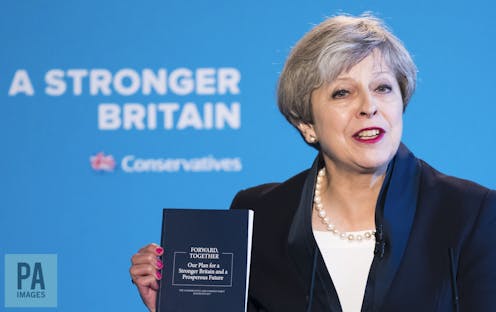
The 2017 election campaign stepped up a gear this week as Labour, the Conservatives and the Liberal Democrats all published their election manifestos.
We saw the Lib Dems promising to legalise cannabis and hold a referendum on the final Brexit deal.
Labour made some generous offerings for everyone except the very richest among us. As we discussed in last week’s episode, we already knew a lot about Jeremy Corbyn’s manifesto because someone leaked it to the press in advance. But the final document confirmed such plans as raising income tax for the top 5% of earners to fund greater spending on the NHS, reversing a great many of the Conservative’s welfare reforms, and re-nationalising the railways.
The Conservatives were the last of the three to publish – and took rather a different approach. Their manifesto was more focused on the philosophy of the party under the leadership of Theresa May than about making promises to woo voters. We were told the country faces “giant” challenges and that the collective good must come before the individual to tackle those problems. That means richer pensioners will lose their fuel allowance and may have to contribute more to the costs of their care.
These documents are very important. They set out what each party is proposing to achieve if you vote it into government. This week, we’re delving into their pages to understand what’s on offer.
Andrew Scott Crines from the University of Liverpool and Ben Williams from the University of Salford talk to The Converesation’s politics editor Laura Hood about what we’ve learned about current Conservative ideology, whether Labour’s pledges are enough to save it from the jaws of defeat and what the point is of producing a manifesto if you, like the Liberal Democrats, openly admit you aren’t going to win.
We’re also looking at what the immediate implications are for the Conservative pledge to repeal the Fixed-term Parliaments Act 2011, which means that general elections are only held every five years. With that law out of the way, could we be heading for yet another vote before too long?
Music in Election Weekly is Chasin’ It, by Jason Shaw. A big thank you to City University London’s Department of Journalism for letting us use their studios.

Ben Williams is a member of the Association of Teachers and Lecturers (ATL), the Higher Education Academy and the Labour Party.
Andrew S. Roe-Crines does not work for, consult, own shares in or receive funding from any company or organisation that would benefit from this article, and has disclosed no relevant affiliations beyond their academic appointment.
19 May 2017, 3:29 pm - 19 minutes 58 secondsTheresa’s bins and Jeremy’s leaks: Election Weekly podcast
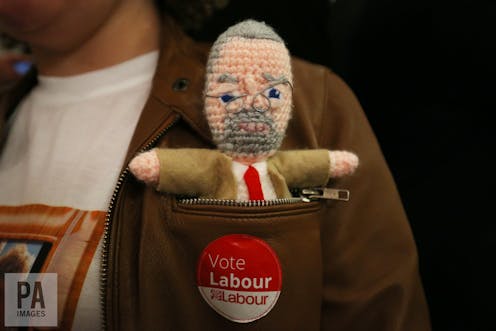
A month ahead of polling day, the Labour party is scrambling to manage its message after someone leaked a draft version of its 2017 election manifesto, the day before a final version was to be agreed by the party’s leadership.
The draft includes pledges to scrap tuition fees and nationalise part of the energy market. The party also looks to be avoiding taking a hard line on immigration, despite pressure from some of its supporters, and it doesn’t want to leave the European Union without a Brexit deal.
In the second episode of the Election Weekly podcast guests Paula Keaveney from Edge Hill University and Stuart McAnulla from the University of Leeds join The Conversation UK’s politics editor Laura Hood to size up the promises and predict which are likely to make it into the final version of the manifesto – as well as pondering who might be behind the leak.
Before Labour stole the headlines, the main story of the week seemed a little silly. Here was prime minister Theresa May sitting on a BBC sofa with her husband, talking about household chores (and the fact that there are “boy and girl jobs” in the May household). We learned who takes out the bins and that Mr May likes a nice jacket. But for all its mundanity, this appearance on the One Show was revealing about who the prime minister wants you to think she is – and what she believes.
Find out more about why manifestos matter by reading our brief history of these all important documents.
And while it looks like the Conservatives are still on course for a major victory in this election, we’ve been hearing about why a very large majority in the House of Commons isn’t always a gift to a government.
Election Weekly is a podcast series from The Conversation UK running once a week in the run-up to the UK general election on June 8. Music in the show is Chasin’ It, by Jason Shaw. A big thank you to City University London’s Department of Journalism for letting us use their studios.

Paula Keaveney is a member of the Liberal Democrats.
Stuart McAnulla does not work for, consult, own shares in or receive funding from any company or organisation that would benefit from this article, and has disclosed no relevant affiliations beyond their academic appointment.
11 May 2017, 4:07 pm - 19 minutes 27 secondsCrushing the opposition: is victory guaranteed for the Conservatives? Election Weekly podcast
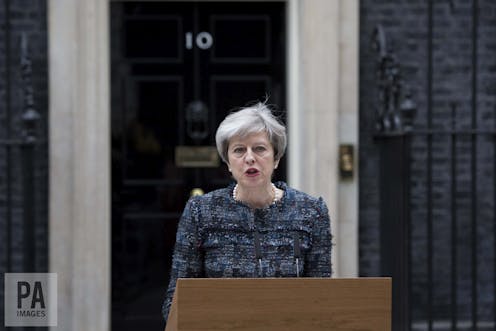 A strong and stable leader? Rick Findler/PA Wire/PA Images
A strong and stable leader? Rick Findler/PA Wire/PA ImagesIn a brand new podcast we bring you expert analysis of the 2017 UK general election campaign. We’ll be with you right up until polling day on June 8, helping to cut through the noise to make this snap election as painless as possible.
This episode takes a broad look at the parties and the options on the table for voters at this early stage in the campaign. The Conversation’s politics editor, Laura Hood, runs through the important issues of the week with Andy Price, head of politics at Sheffield Hallam University, and Matthew Cole, teaching fellow at the University of Birmingham.
Do the Conservatives have the election all wrapped up? Andy and Matt compare the party’s lead in the polls with historical examples and caution against hubris. While the polling continues to look good, we consider whether the PM has taken her “strong and stable leadership” message into the realms of “aggressive and presumptous” in her dealings with Brussels.
Tactical voting and the prospect of a progressive alliance of parties opposed to the Conservatives is also up for discussion, with some mixed opinions about whether a pact is possible and how it would be achieved.
And how serious was Diane Abbott’s media wobble at the beginning of the week? The Labour front bencher was roundly mocked for fluffing her numbers on the radio, but we hear that voters might not remember the incident for long. Though the same might not necessarily be true for Labour party insiders.
Music in Election Weekly is Chasin’ It, by Jason Shaw. A big thank you to City University London’s Department of Journalism for letting us use their studios.
 4 May 2017, 9:04 pm
4 May 2017, 9:04 pm - 2 minutes 55 secondsElection Weekly: a new podcast from The Conversation UK
 TC PhotoWithCredits
TC PhotoWithCredits On April 18, British prime minister Theresa May walked out onto the steps of 10 Downing Street and surprised the country by announcing a snap general election, to take place in a matter of weeks.
Just two years after the last election and less than a year after the EU referendum, British voters are to head to the polls once more. This after May had repeatedly insisted that she would not call a vote before the planned date of 2020.
So why the change of heart? Many point to her party’s huge lead in the polls and say it’s political opportunism. The prime minister insists that an election is in the national interest, to give the successful party a firm mandate as it goes into crucial Brexit negotiations.
Either way, the unsuspecting electorate has just a few short weeks to get to grips with the decision ahead of them – and many of us are already feeling the strain.
Even while most people are still digesting the news that we’re having an election at all, the politicians are already out knocking on doors. Leaflets are flying off the printers, candidates being selected in a hurry and manifestos cobbled together in the wee small hours. You might say it’s a bit of a rush job.
That’s why here at The Conversation we have decided to put together a weekly podcast to bring you expert analysis of all the important goings on.
Each week, two academic experts will join me, Laura Hood, politics editor at The Conversation UK, to discuss the key election issues. We’ll of course be talking about Brexit, but we also want to get to grips with the kinds of issues you’d normally expect to hear about in an election, like the state of the economy and what each party has to say about immigration, the NHS and schools. We’ll keep you updated on who’s ahead in the polls. And we’ll also cut through the spin of what’s dominating the headlines.
If you’re feeling election fatigue already, don’t worry, we’re here to bring you the information you really need ahead of June 8. So tune in every Thursday to Election Weekly for everything you need to know about the general election 2017.
Music in Election Weekly is Chasin’ It, by Jason Shaw. A big thank you to City University London’s Department of Journalism for letting us use their studios.
 3 May 2017, 12:11 pm
3 May 2017, 12:11 pm - More Episodes? Get the App
Your feedback is valuable to us. Should you encounter any bugs, glitches, lack of functionality or other problems, please email us on [email protected] or join Moon.FM Telegram Group where you can talk directly to the dev team who are happy to answer any queries.
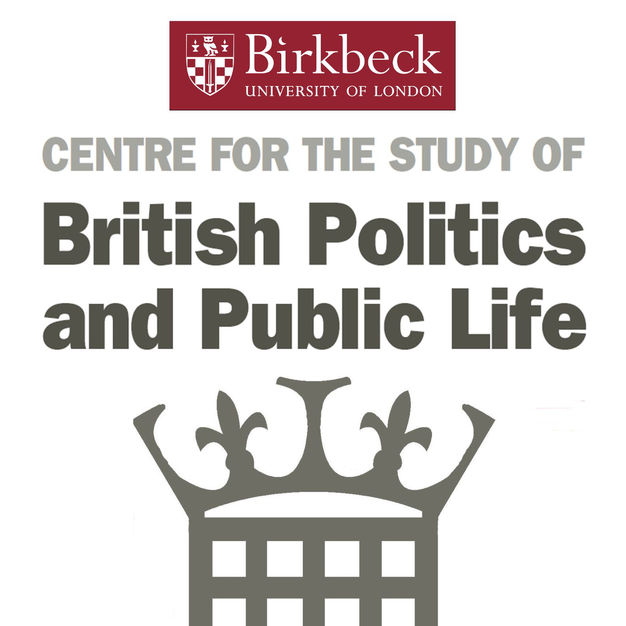 Birkbeck Politics
Birkbeck Politics
 Business Briefing
Business Briefing
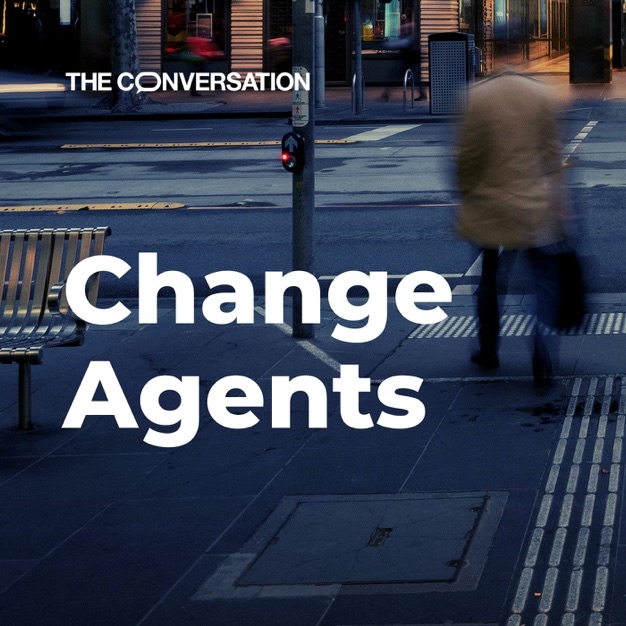 Change Agents
Change Agents
 PoliticsHome
PoliticsHome
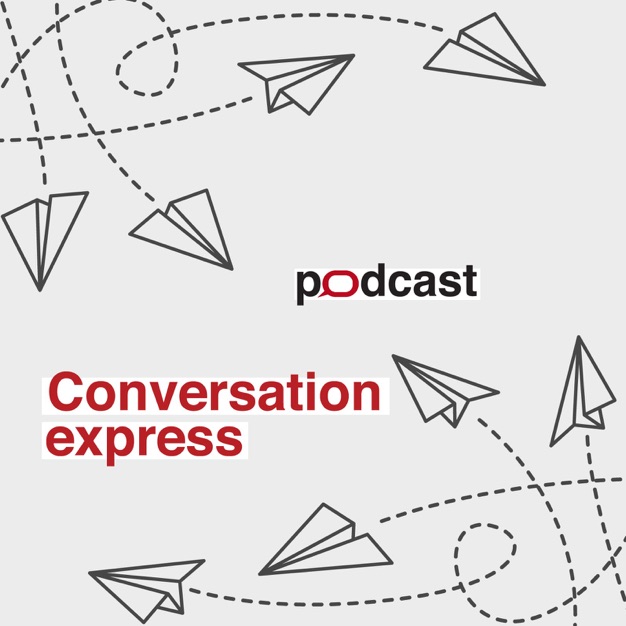 Conversation express
Conversation express
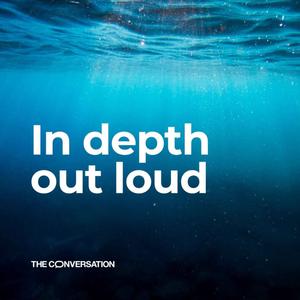 In Depth, Out Loud
In Depth, Out Loud